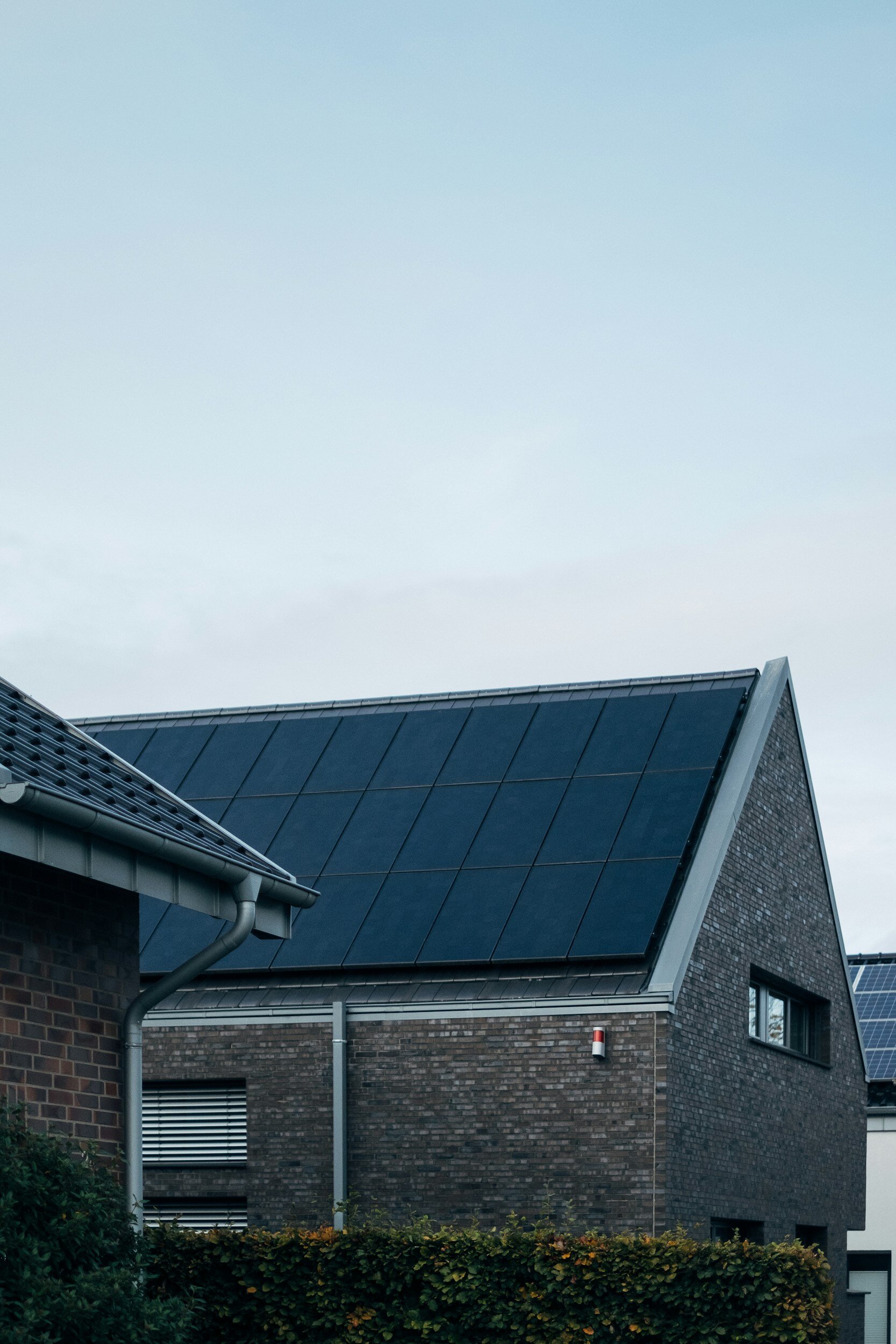
Contact us to know if you qualify
Take the first step towards a greener and more cost-effective lifestyle. As the leading solar installation company in NJ, we offer a free, personalized assessment to determine the feasibility of a home solar energy system for your property.
Know all the requirements for residential solar power installation
Determining if your home is suitable for residential solar power systems is the first step toward energy independence. Key factors include your roof's condition, orientation, and how much sunlight it receives throughout the day with minimal shading. The best way to know for sure is by contacting an expert solar energy contractor for a personalized assessment.
Below are the eight most important factors to consider before your solar installation.
2. Roof Condition
For a successful solar installation, your rooftop must be structurally sound and in good condition to support the weight of the solar panels. Our expert solar energy contractor team will perform a professional solar inspection to identify any necessary solar repair services or reinforcements that should be addressed before the installation.
4. Electrical Infrastructure
Depending on the size of your solar energy for home system, upgrades to your electrical infrastructure may be required. Our expert solar energy contractor team includes licensed electricians who will assess your needs and handle all necessary modifications, including new wiring, circuit breakers, and inverters, to ensure a safe and seamless solar installation.
5. Grid Connection
For all grid-connected home solar energy systems, our solar energy contractor team handles the full utility interconnection process. We manage the interconnection application and secure all necessary permissions from your local utility company to ensure your new system is safely integrated with the electrical grid and ready for operation.
6. Financial Considerations
Assessing the financial feasibility of your solar installation is a critical step. Our team will provide a transparent breakdown of your solar panel installation cost, help you identify all available incentives, and review financing options. This ensures you understand the full benefits of residential solar power and the expected return on investment.
8. System Design
Proper system design is the foundation for a high-performing home solar energy system. As a professional solar energy contractor, we optimize every detail to maximize energy production and efficiency. This includes a data-driven approach to selecting the right solar panels, determining the best orientation and tilt angles for your location, and designing a layout that maximizes solar exposure.
1. Sunlight Access
To understand how a solar panel works, it's important to know that solar panels require direct sunlight to generate electricity effectively. For a successful solar installation, the site should have minimal shading from trees, buildings, or other obstructions to maximize solar exposure and ensure your home solar energy system performs at its best.
3. Permits and Approvals
Obtaining permits and approvals from local authorities, building departments, and homeowner associations may be necessary before installing solar panels. This ensures compliance with building codes, zoning regulations, and aesthetic requirements.
7. Contractor Selection
Choosing a reputable solar installation company is the most important step in your journey to solar energy for home. At Fusion Solar Energy, we are a leading solar energy contractor with a proven track record of quality solar installation in NJ, PA, and DE. Our certified experts ensure the successful design, installation, and long-term solar maintenance of your system.
Ultimately, every step from design to final inspection is crucial to guarantee the safety, efficiency, and long-term financial viability of your home solar energy systems. As a trusted solar installation company, we handle all these considerations for you, ensuring a seamless process so you can confidently embrace the many benefits of residential solar power. Ready to get started?








